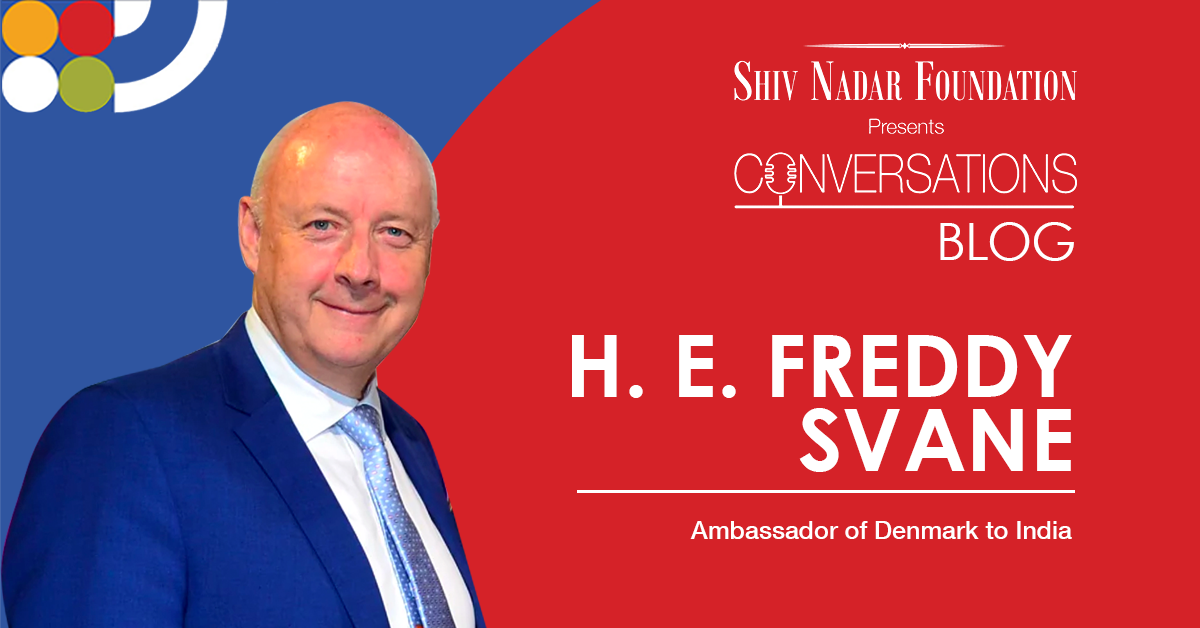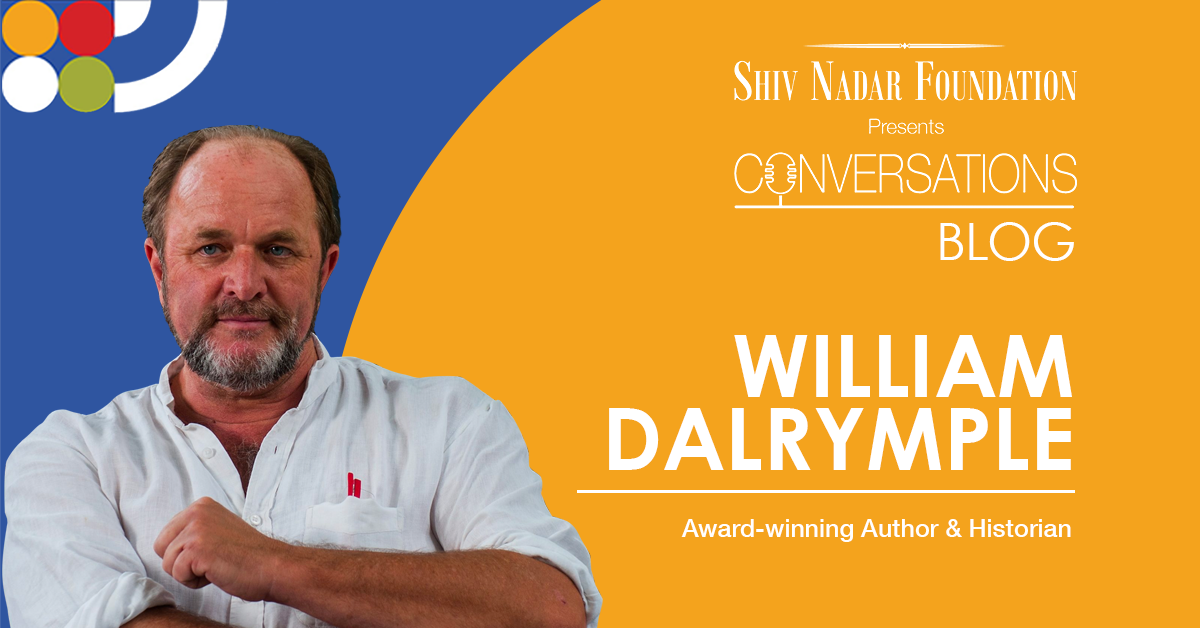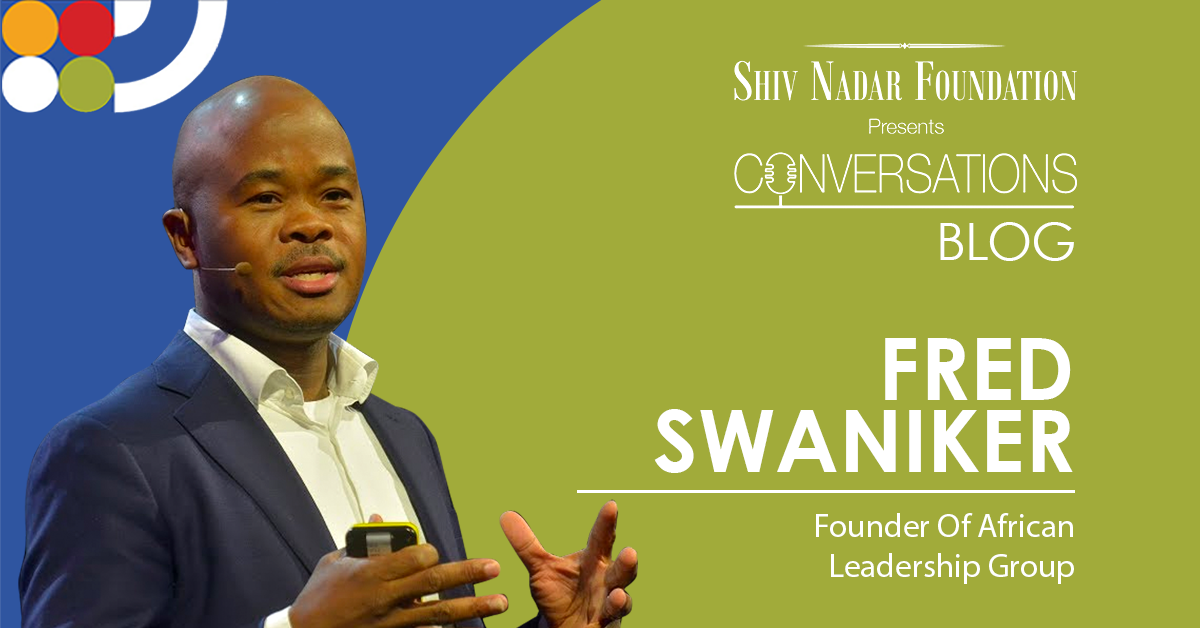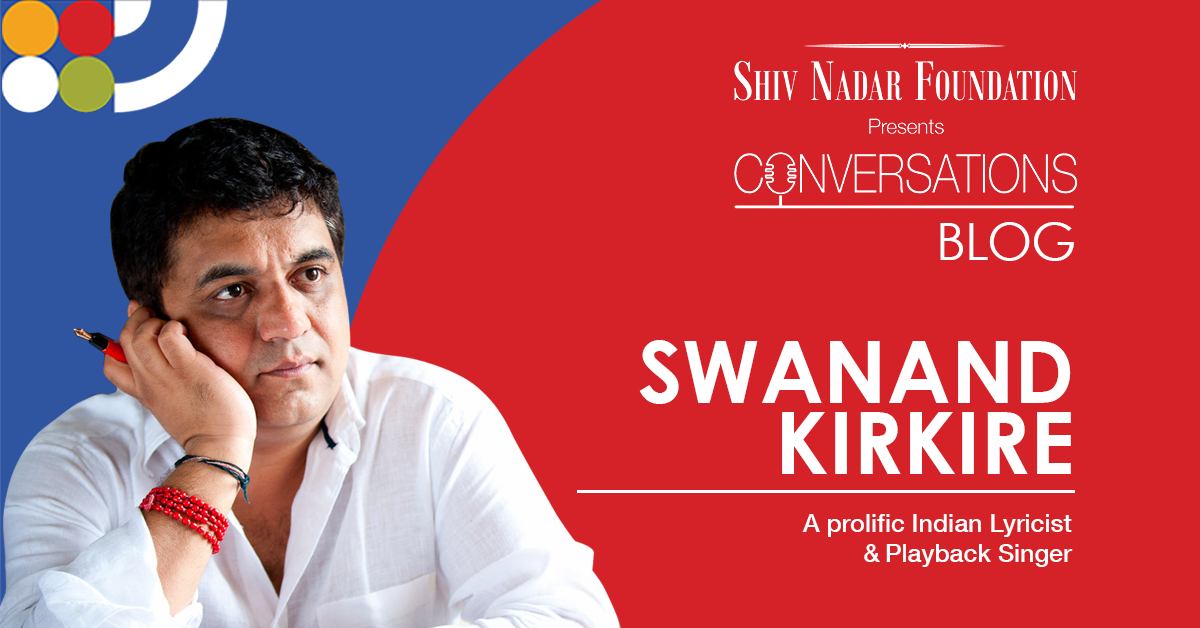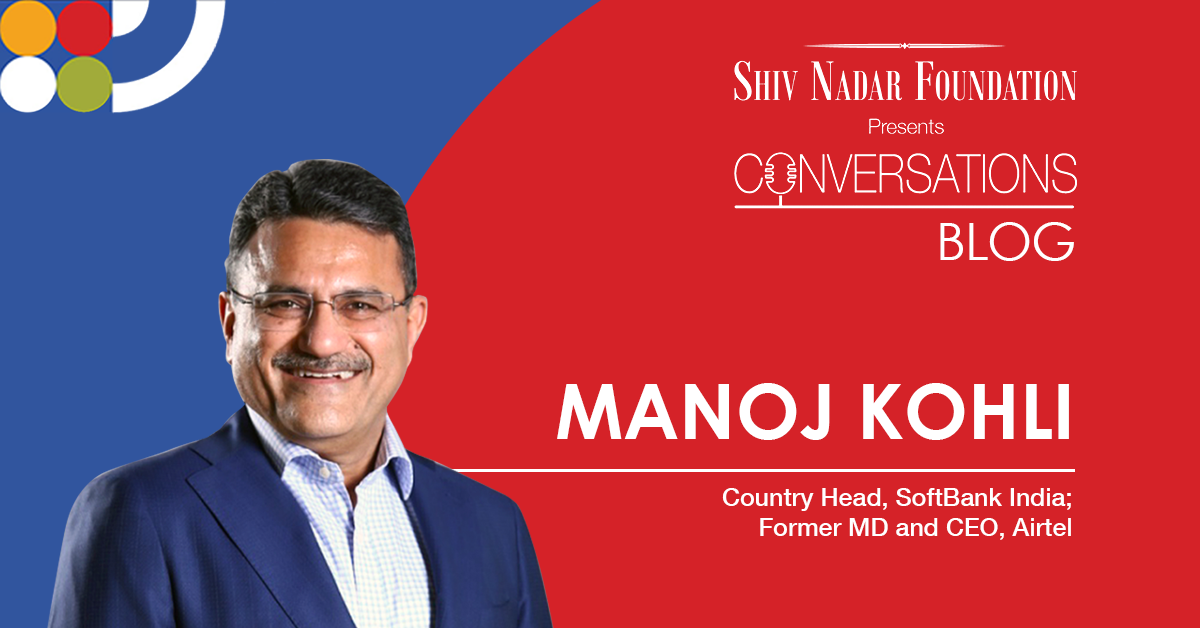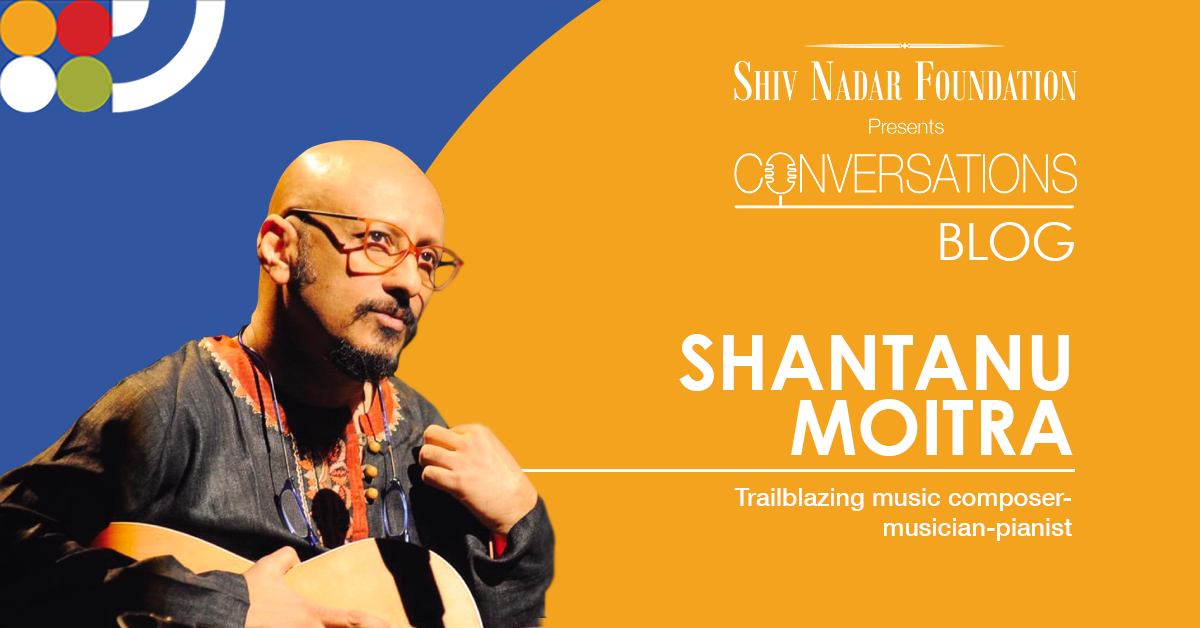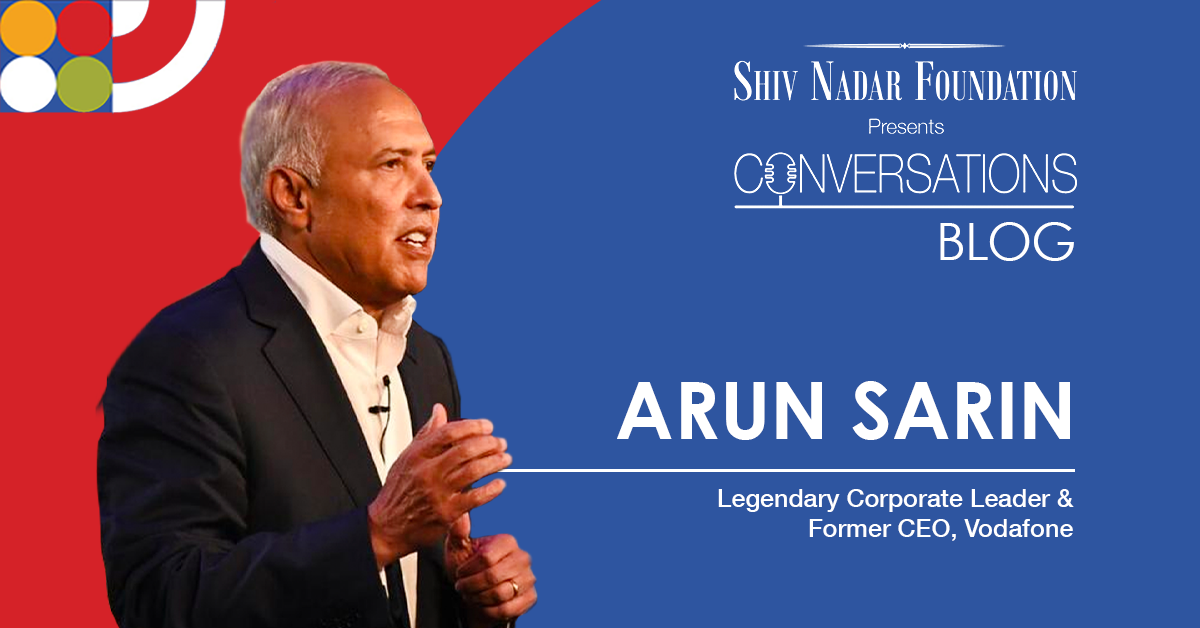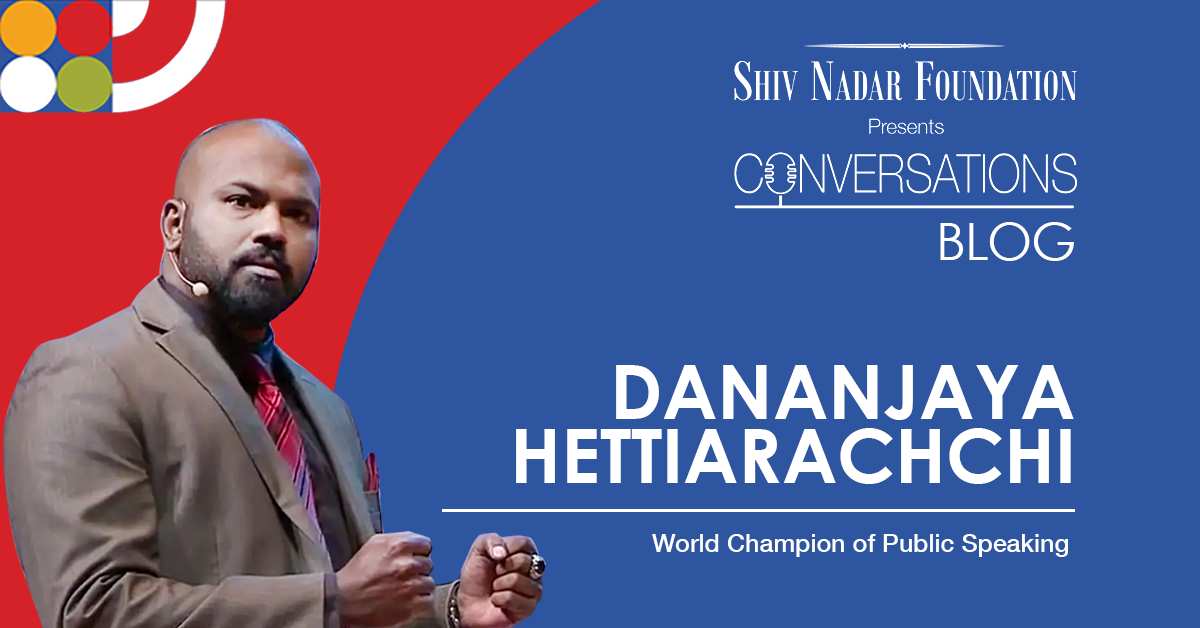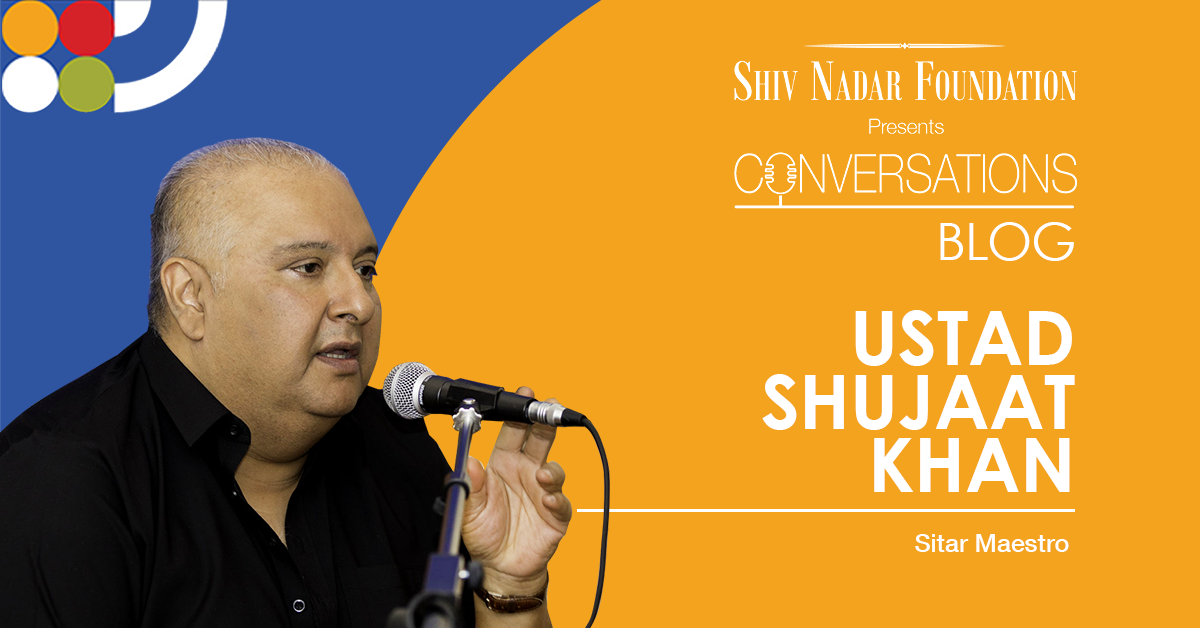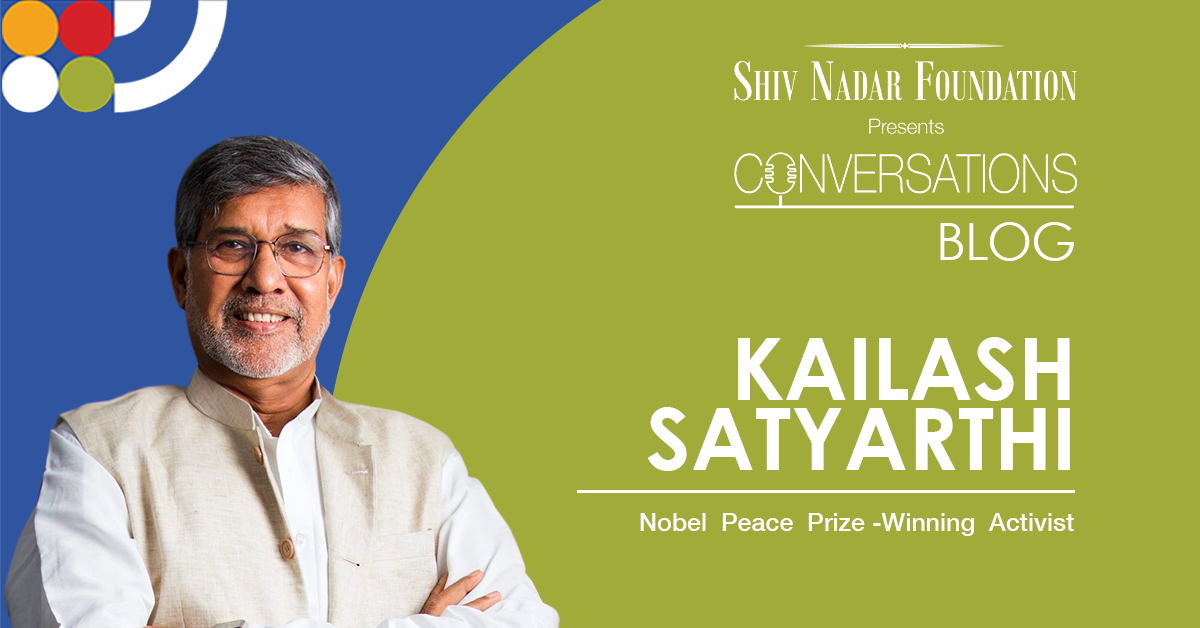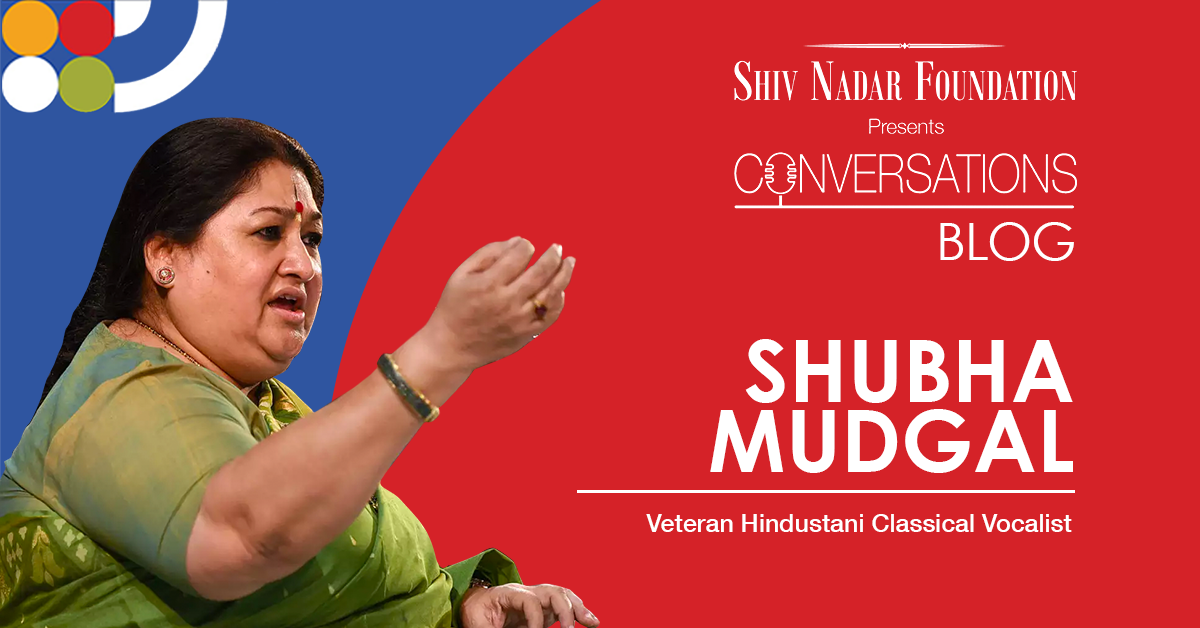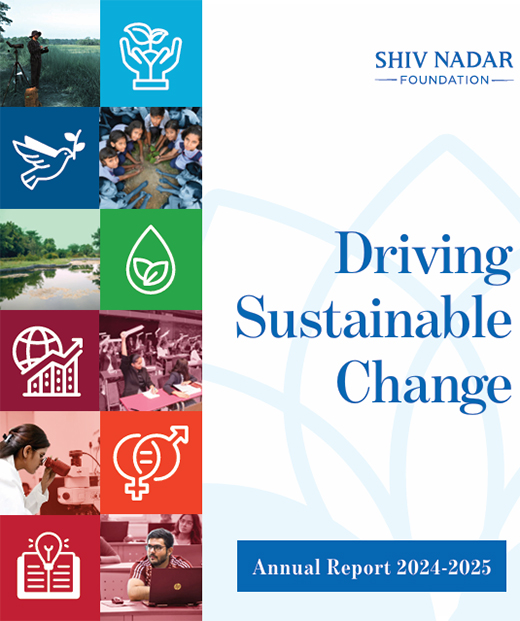Srikant Datar – World’s Leading Authority in Design Thinking
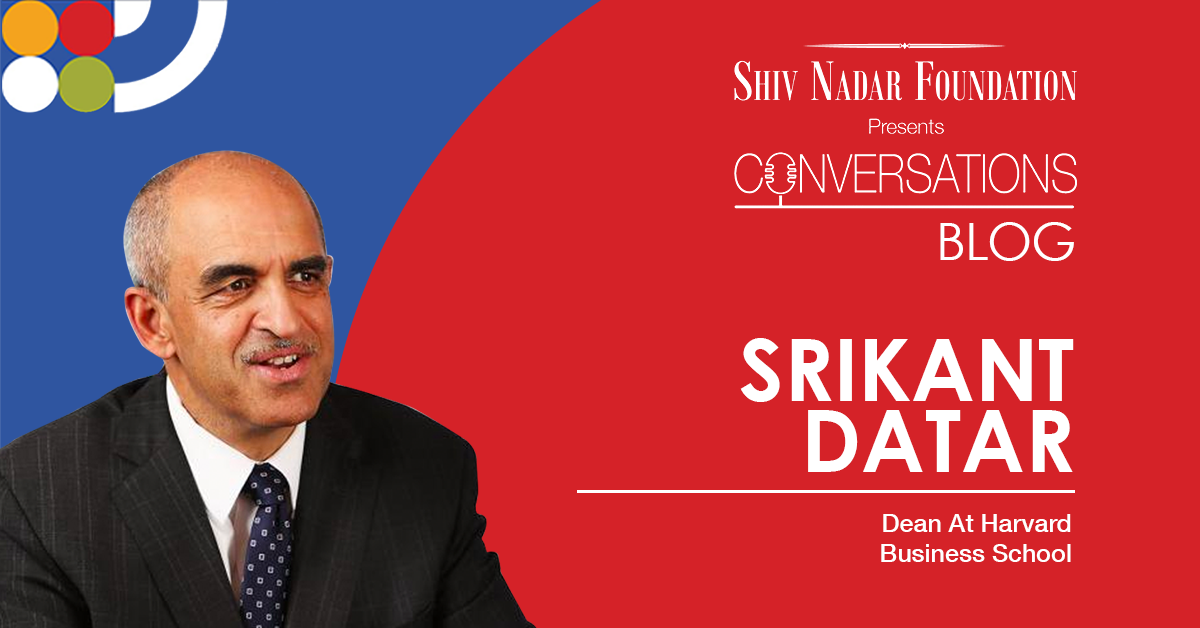
Srikant Datar
World’s Leading Authority in Design Thinking
Dean at Harvard Business School, and on the board of large global organizations,
In conversation with Saurav Adhikari, Senior Advisor, Shiv Nadar Foundation.
When a middle class boy from Maharashtra makes it to the league of the world’s experts in design and innovation, the lessons one can learn from him are bound to be exemplary. And so it is with Srikant Datar, professor at Harvard Business School (since 1996) and much more besides. Coming from a sound value system that emphasizes honour and integrity, he spoke about his life, achievements and philosophy during the Conversations event curated by the Shiv Nadar Foundation on Facebook Live.
The roots of Prof Datar’s ethical thinking lie in an upbringing that combined creative and independent thinking with idealistic values celebrating humanity. His father was a freedom fighter, and later and academic, founding the Lal Bahadur Shastri Nautical and Engineering College in Bombay. It was from his father he learned that there will be times in his life where he will have to take a stand different from everyone else. His mother was an editor, social worker and corporator, who changed the lives of the urban poor in her ward by giving them water connections. From her he learned that ‘a life well lived is a life that’s lived for others, not oneself.’
Growing up, Prof Datar was sure he would go into the IAS. However, he became extremely interested in management and joined IIM Ahmedabad, where he excelled. The IIM experience was hugely formative and memorable for him, due to excellent teachers and peers. It exposed him to new ways of teaching and learning through the Harvard Business School methods and approaches that were in use. At the Shiv Nadar Foundation’s institutes, we have made such methods part of our DNA. The thought crossed his mind, ‘If it’s this much fun being student how much fun would it be to teach and be in academia? It didn’t occur to me I would do anything else. I loved the world of ideas and research. I thought I would have a greater impact this way than working in the corporate world.’
Moving to the US, to Stanford, was the next big step in his journey, part of the early exodus of Indians to the West. ‘There are many reasons Indians do well abroad. It’s brilliance, talent and inner drive…but part of the story is also that they are humble and inherently curious. Co-curricular and extra-curricular activities also develop leadership and talent.’ He pointed out that education in India has evolved tremendously, too, using the work done by the Shiv Nadar Foundation as an example.
After having been involved in math, economics, statistics, finance, Prof Datar then started applying his considerable intelligence to design thinking and innovation, believing that using a series of steps, each of which takes much practice, solutions can be found for many of the world’s problems. These steps include observing with empathy, reframing the problem to one’s own context, generating ideas and changing ones thinking systematically, using specific tools rather than brainstorming, and more.
His thinking about the Covid pandemic is that it has accelerated the move to digital and online technologies. What would have taken 2-3 years to happen is happening in months across businesses. For example, in telecom, will we need the large call centres we’ve always had? In telemedicine, healthcare will become available to people who didn’t have it. In sales, people will have to start thinking of digital solutions. In education, the classroom of the future will be one where there is collaboration between students from different contexts and geographies, leading to experiential learning. It’s going to be all about better quality and access to education, methods that suit people’s specific learning styles and pace; about a different perspective which is going to focus on learning how to learn, from knowing skills to learning skills. According to Prof Datar, real education is about thinking, being, doing; but also how to develop people to lead and have impact. For India, whether urban or rural, rich and poor, online education has the best chance of achieving this transformation.
Click here to watch the entire video.

